-
Troppo Plant & Garden Articles
- Te Puke Region
- TROPPO’s Food Forest in Te Puke, BOP (www,foodforest.org.nz)
- Troppo’s Plant Collection
- TROPPO's Nursery Directory
- Food Forests of New Zealand (www.foodforests.nz)
- Nursery Map - Plant Suppliers of NZ Directory (www.nurserymap.nz)
- Kids Garden Corner
- New Zealand Garden Bird Survey
- New Zealand Garden Groups
- Delicious Recipes
Disclaimer
Just a quick heads-up: the info on this website is here to guide you on your green journey, but it's not the final word. We do our best to keep everything accurate, but Troppo and our team can't take responsibility for every opinion or detail shared. If you're diving into planting—whether it’s a cozy backyard project or a big commercial venture—we highly recommend chatting with local experts who know the ropes in your neck of the woods. They’ll help you pick the perfect plants and make sure your crops are a smashing success! Happy gardening! 🌱🌷


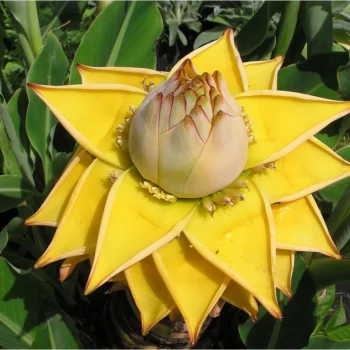
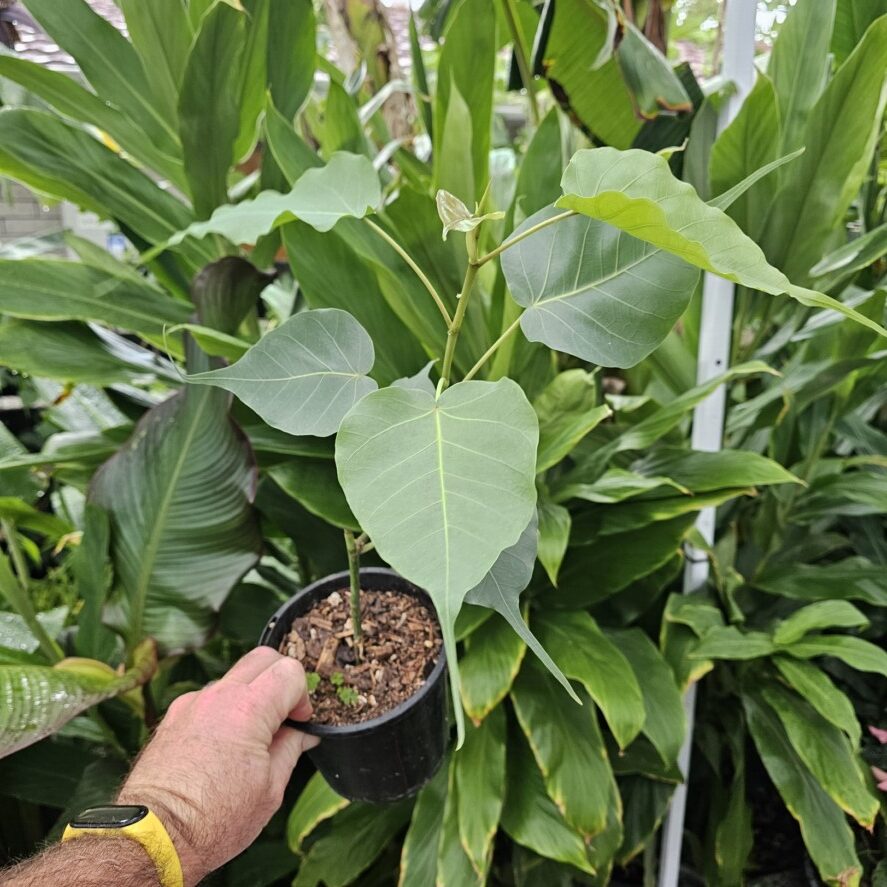

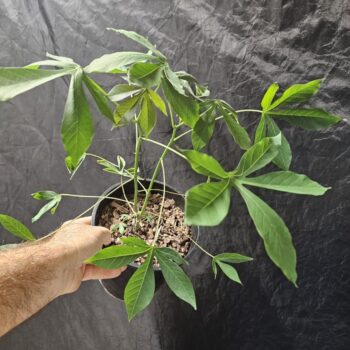
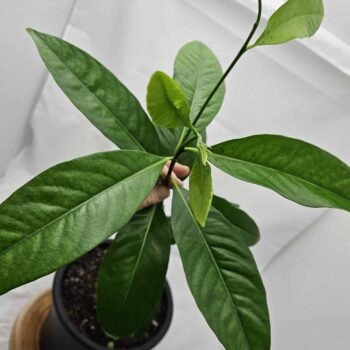

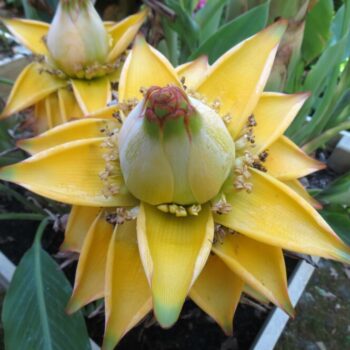

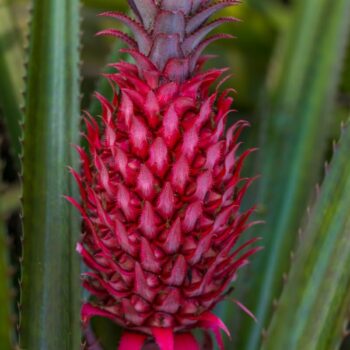

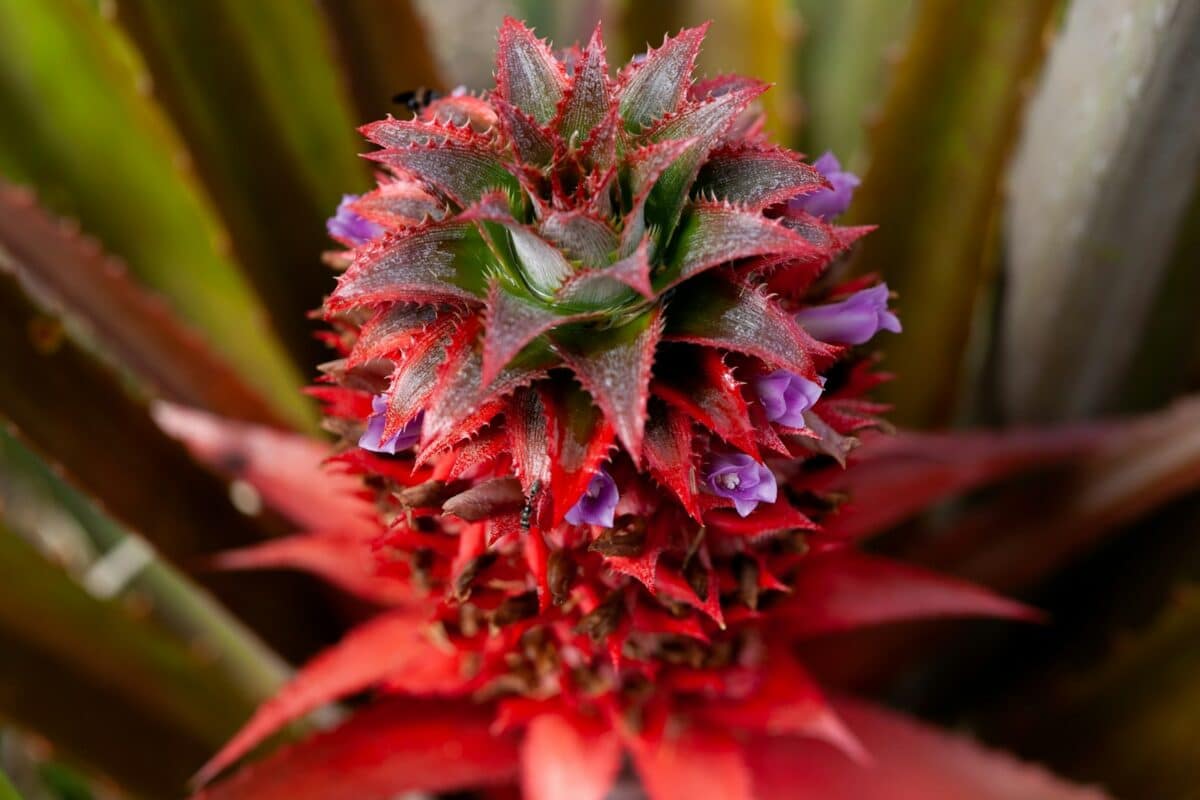




![Revered Roots: The Sacred Fig Tree (Ficus religiosa) [RARE] clone off mature tree](https://www.troppo.nz/wp-content/uploads/2024/07/20250106_170256-rotated-350x350.jpg)
